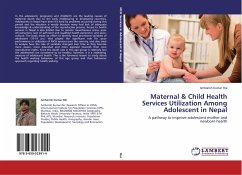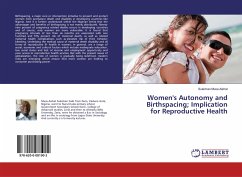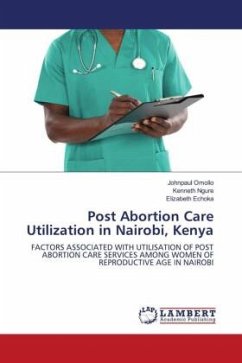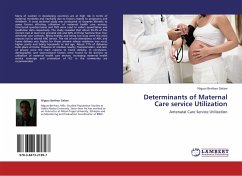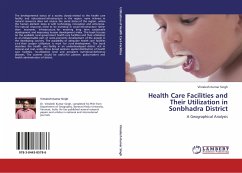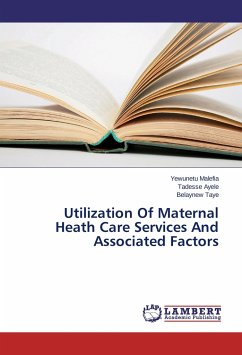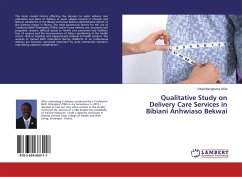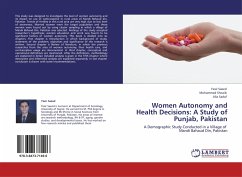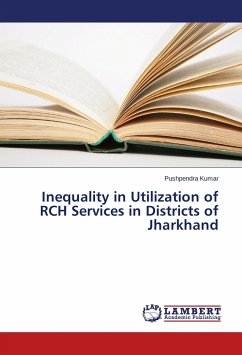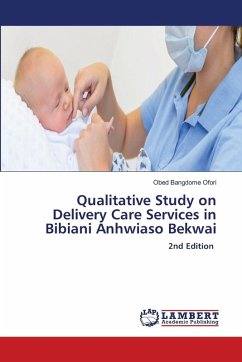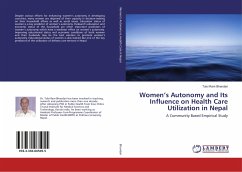
Women's Autonomy and Its Influence on Health Care Utilization in Nepal
A Community Based Empirical Study
Versandkostenfrei!
Versandfertig in 6-10 Tagen
46,99 €
inkl. MwSt.

PAYBACK Punkte
23 °P sammeln!
Despite various efforts for enhancing women's autonomy in developing countries, many women are deprived of their capacity in decision-making on their household affairs as well as social issues. Education status of women is a key predictor of women's autonomy. Husband's education and economic status of the household are other important predictors of women's autonomy which have a mediator effect on women's autonomy. Improving educational status and economic conditions of both women and their husbands may be the best solution to promote women's autonomy. Educational status of women is also looked...
Despite various efforts for enhancing women's autonomy in developing countries, many women are deprived of their capacity in decision-making on their household affairs as well as social issues. Education status of women is a key predictor of women's autonomy. Husband's education and economic status of the household are other important predictors of women's autonomy which have a mediator effect on women's autonomy. Improving educational status and economic conditions of both women and their husbands may be the best solution to promote women's autonomy. Educational status of women is also looked like one of the key predictors of the utilization of delivery care services in Nepal.



